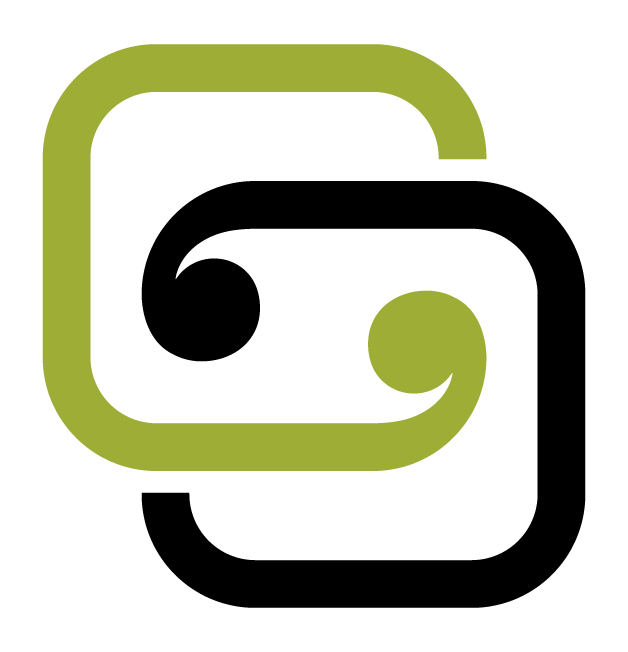Shared decision making with disabled children and young people resource
By Phoebe Grace Eden-Mann.
Download PDF | Download text-only version (Word) | Download large print version (Word)
“Tell a young person what you think, and you lose their trust. Ask a young person what they think, and empower them for life.” –FLARE (Council for Disabled Children, 2017)
Thanks to the IHC Foundation and CCS Disability Action, I have been working on ways we can better involve disabled children and young people in decision-making.
Disabled children and young people can often experience a lack of voice and agency. As a disabled child, professionals often made me felt inconsequential and cut-off from decision-making processes.
I want this to change. Children and young people, regardless of disability, have specific rights. These rights include being involved in decisions that affect them as well as having their views heard and taken seriously.
Many people that work in the disability sector already have skills and strategies for involving disabled children and young people in decision-making. But there is always room for improvement. One of the biggest barriers for practitioners is a lack of guidance and support when it comes to working effectively with children and young people with disabilities.
There are some key ideas that we need to understand to ensure that we are working well with children and young people. The resource I developed takes a look at four of these:
The rights of disabled children and young people to be heard.
The basics of shared decision making
Barriers to shared decision making
Strategies and tools for working with disabled children and young people.
I hope that this resource provides guidance and some insights into creative and flexible ways of working with disabled children and young people that we support are involved in decisions regarding their care and decisions that affect them.
I would love to hear your thoughts on this resource, is it helpful? Do you utilise other strategies and tools when working with disabled children and young people? Do you have thoughts on this resource as a disabled person and/or whānau member? If you have any comments, or thoughts, please contact me:
